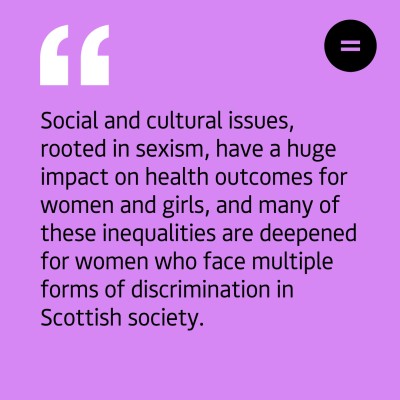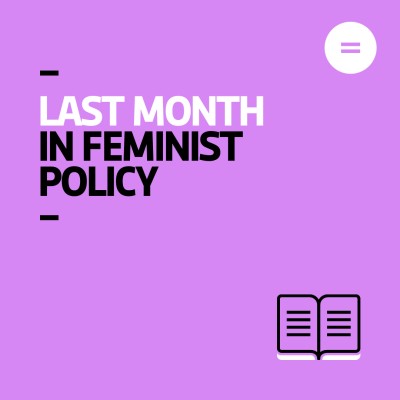Engender blog
All of Engender’s latest news. Reports, reviews, books, articles, and information from across Scotland’s women’s sector.
We would love to hear from other feminists around Scotland. Check out our guidelines for more information on how you can blog for us.
Tell us your experiences of pregnancy and maternity during Covid-19
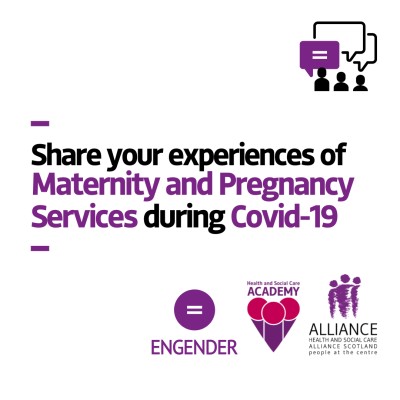
Scottish Government’s Emergency Budget Review runs the risk of making women’s lives worse
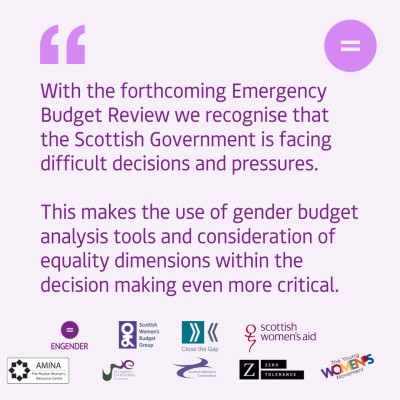
Making it Happen for 2027: Transforming Local Democracy for Women
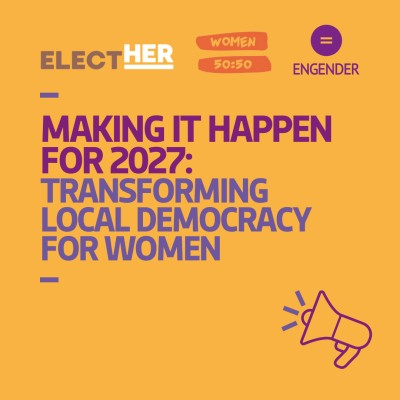
What does the Programme for Government mean for women's equality?
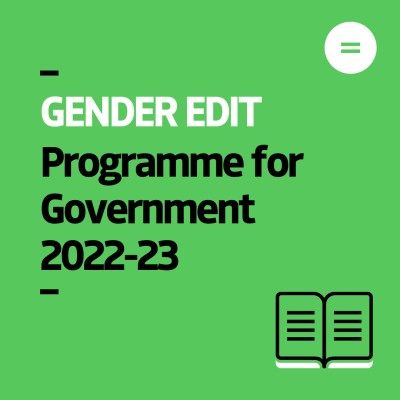
Engender’s shadow report to CESCR: a key tool for promoting a gender-sensitive incorporation of ICESCR and improving women’s lives in Scotland
For many years women's equality advocates have been campaigning for the incorporation of CEDAW into Scots Law, but that isn't the only UN Convention which is key for the protection of women's equality and rights. This final blog from student Beatriz Morganti Brandão sums up her work to explore how the International Covenant on Economic, Social and Cultural Rights can be used to protect women in Scotland.
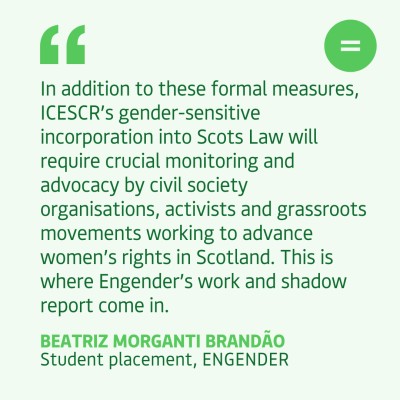
ICESCR’s incorporation into Scots Law: challenges and opportunities from a women’s rights perspective
-400.png)
Abortion Rights Round-Up
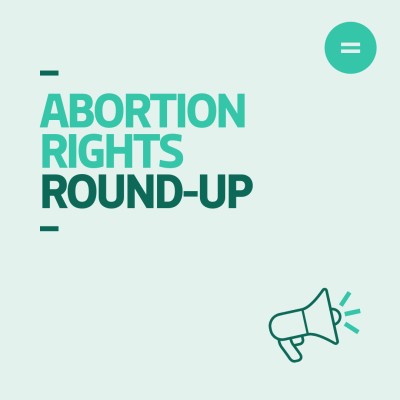 What's been happening with reproductive rights over the past month? Engender members are kept up-to-date with this news through our weekly Friday Feminist Five newsletter, but in this post we've collated an update for non-members too. If you'd like to receive the weekly newsletter you can join Engender as a member here.
What's been happening with reproductive rights over the past month? Engender members are kept up-to-date with this news through our weekly Friday Feminist Five newsletter, but in this post we've collated an update for non-members too. If you'd like to receive the weekly newsletter you can join Engender as a member here. News from the US continues to cause alarm for defenders of women’s reproductive rights, as we wait for the decision on whether or not Roe v Wade will be effectively overturned by the Supreme Court. While it’s been heartening to see protests, rallies and other actions to defend the right to choose (we particularly liked the New York Magazine’s state-by-state guide to accessing abortions, and the creative legislation in Austin, Texas), the reality of what may happen across the US in a couple of months is really scary.
Why the proposed Scottish Carer's Assistance must do more to value unpaid care
This week marks Carers Week, and it comes after two years which have shown, more clearly than ever, the vital role that unpaid carers play. The Covid-19 pandemic highlighted what half of the population already knew – that women take on the vast majority of unpaid care work, and that without them our society and economy could not function.The Scottish Government has been consulting on their proposals to replace Carer's Allowance with a Scottish Carer's Assistance, as part of the devolution of some social security payments to Scotland. The provision of unpaid care, and its interactions with social care, are closely interlinked with systemic and harmful gender roles that constrain women’s lives, with women’s access to paid work, leisure time and power remaining heavily constrained by the provision of care and gendered expectations around its value and delivery.
GUEST POST: “Warning” versus “claiming”: the subtle misogyny in media discourse
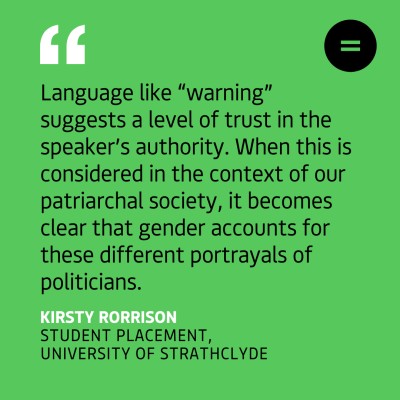
GUEST POST: Who says what? A breakdown of gender bias in news topics and reporting
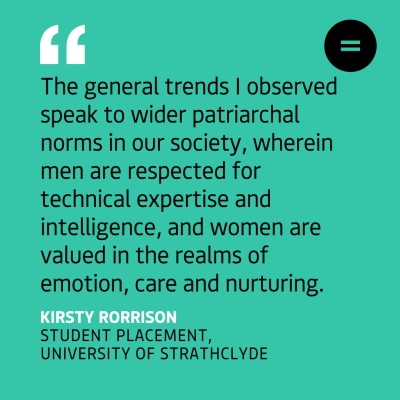 Today we're publishing the next in a series of blogs from the current student placements Engender is hosting from the University of Strathclyde Applied Gender Studies and Research Methods course.In the second of three posts, Kirsty Rorrison continues research into gender bias in political news reporting during the COVID-19 pandemic. Here, she looks specifically at the breakdown of bias in topics and authors, as well as whose voices are missing in the reporting of the pandemic. You can read Kirsty's first post here.
Today we're publishing the next in a series of blogs from the current student placements Engender is hosting from the University of Strathclyde Applied Gender Studies and Research Methods course.In the second of three posts, Kirsty Rorrison continues research into gender bias in political news reporting during the COVID-19 pandemic. Here, she looks specifically at the breakdown of bias in topics and authors, as well as whose voices are missing in the reporting of the pandemic. You can read Kirsty's first post here.As my placement with Engender is nearing its end, I have finally completed my research on gender, COVID-19 and media. In this blog post, I’m going to discuss what I found out in my investigation and why it was crucial that I delved a bit deeper into this topic. As I mentioned in my previous post, my main area of interest in this research has always been the ways in which women in politics are represented. However, I also wanted to look at how other women, and more broadly gender, appeared in news coverage of coronavirus. For this research, I ended up coding 108 news stories. I took note of the topic, the gender of the journalist, and the identity markers of every person mentioned in each article. I wanted to see where gender appeared in news coverage, whether this related to the kinds of topics being discussed, the journalists who wrote about them or the people mentioned in articles. In this blog post, I will outline what my analysis revealed about journalists and news topics - in other words, who is writing, and what are they writing about?
What do women need from a Scottish Carer’s Assistance?
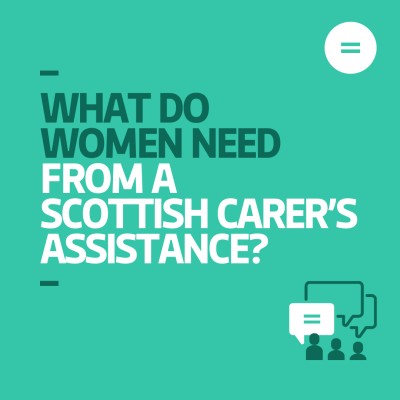 In this post, we're sharing Engender's guide to filling out the Scottish Government's consultation on Carer's Assistance. You can also access this information as a PDF document here.The Scottish Government is consulting with people in Scotland about a Scottish Carer’s Assistance, which will replace Carer’s Allowance in Scotland.
In this post, we're sharing Engender's guide to filling out the Scottish Government's consultation on Carer's Assistance. You can also access this information as a PDF document here.The Scottish Government is consulting with people in Scotland about a Scottish Carer’s Assistance, which will replace Carer’s Allowance in Scotland.Care is a key issue of women’s equality:
GUEST POST: Looking Deeper: Black and Minority Ethnic Women in the Scottish Parliament
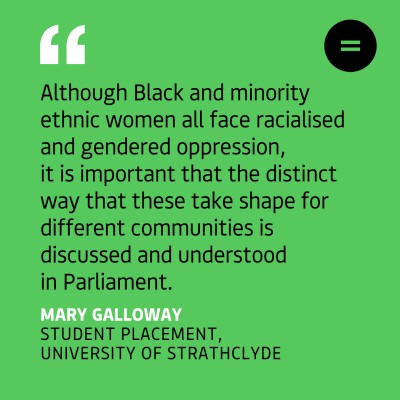 Today we're publishing the next blog in a series from the current student placements Engender is hosting from the University of Strathclyde Applied Gender Studies and Research Methods course.Mary Galloway concludes her blog series in this third post, which focuses more deeply on the discussions of Black and minority ethnic women in the Scottish Parliament, and the importance of Parliament understanding the distinct ways that racialised and gendered oppression take shape for different communities. You can read Mary's first post here and second post here.
Today we're publishing the next blog in a series from the current student placements Engender is hosting from the University of Strathclyde Applied Gender Studies and Research Methods course.Mary Galloway concludes her blog series in this third post, which focuses more deeply on the discussions of Black and minority ethnic women in the Scottish Parliament, and the importance of Parliament understanding the distinct ways that racialised and gendered oppression take shape for different communities. You can read Mary's first post here and second post here.In this final blog, I will carry out a more focused analysis of the results produced by my research into the representation of women facing multiple discriminations in the Scottish Parliament. I have so far talked about 'women with multiple protected characteristics' quite abstractly. It is important to think about who these women actually are and why it matters that the multiplicity of their marginalisation is acknowledged. Black and minority ethnic (BME) women face both gendered and racial oppression, providing them with experiences that are distinct from white women and Black men. For example, Black and minority ethnic women were some of the worst affected by the COVID-19 pandemic. For this reason, it is crucial that the Scottish Parliament is attentive to the specific needs of this group.
GUEST POST: Who are the conversation starters in the Scottish Parliament when it comes to marginalised women?
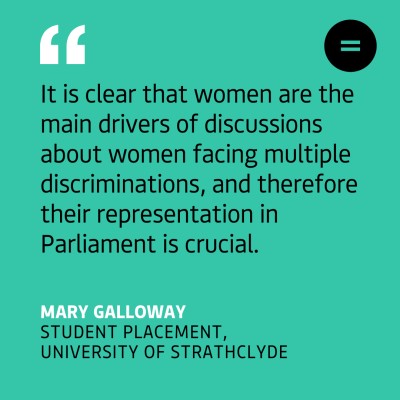
Downloads
 Engender Briefing: Pension Credit Entitlement Changes
From 15 May 2019, new changes will be introduced which will require couples where one partner has reached state pension age and one has not (‘mixed age couples’) to claim universal credit (UC) instead of Pension Credit.
Engender Briefing: Pension Credit Entitlement Changes
From 15 May 2019, new changes will be introduced which will require couples where one partner has reached state pension age and one has not (‘mixed age couples’) to claim universal credit (UC) instead of Pension Credit.
 Engender Parliamentary Briefing: Condemnation of Misogyny, Racism, Harassment and Sexism
Engender welcomes this Scottish Parliament Debate on Condemnation of Misogyny, Racism, Harassment and Sexism and the opportunity to raise awareness of the ways in which women in Scotland’s inequality contributes to gender-based violence.
Engender Parliamentary Briefing: Condemnation of Misogyny, Racism, Harassment and Sexism
Engender welcomes this Scottish Parliament Debate on Condemnation of Misogyny, Racism, Harassment and Sexism and the opportunity to raise awareness of the ways in which women in Scotland’s inequality contributes to gender-based violence.
 Gender Matters in Social Security: Individual Payments of Universal Credit
A paper calling on the Scottish Government to automatically split payments of Universal Credit between couples, once this power is devolved to the Scottish Parliament.
Gender Matters in Social Security: Individual Payments of Universal Credit
A paper calling on the Scottish Government to automatically split payments of Universal Credit between couples, once this power is devolved to the Scottish Parliament.
 Gender Matters Manifesto: Twenty for 2016
This manifesto sets out measures that, with political will, can be taken over the next parliamentary term in pursuit of these goals.
Gender Matters Manifesto: Twenty for 2016
This manifesto sets out measures that, with political will, can be taken over the next parliamentary term in pursuit of these goals.
 Scottish NGO Briefing for UN Special Rapporteur on Violence Against Women
Joint briefing paper for the UN Rapporteur on Violence Against Women.
Scottish NGO Briefing for UN Special Rapporteur on Violence Against Women
Joint briefing paper for the UN Rapporteur on Violence Against Women.

Newsletter
Sign up to receive our newsletter here:
Sign up to our mailing list
Receive key feminist updates direct to your inbox:
-400.png)
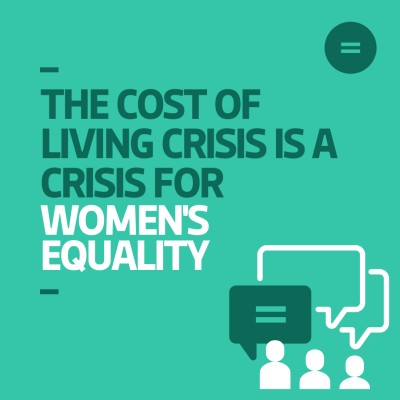
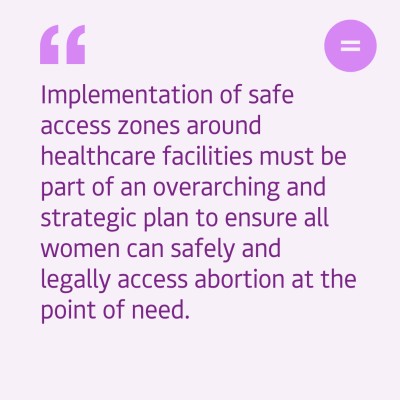
-400.png)
